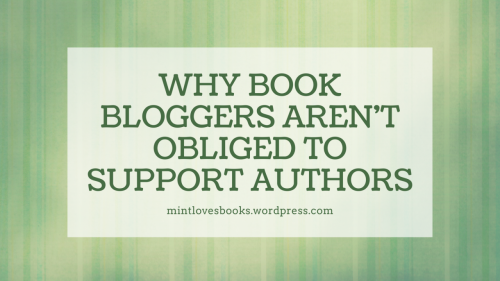From time to time, I get unsolicited messages from bookish companies asking me to try their products. And I guess it works, because I’m always curious about whether these sites are legit!
Today, I’m reviewing the ARC/author service company Itsy Bitsy Book Bits so you don’t have to. (And to be honest, I don’t think you should).
Why I got solicited and why I’m skeptical
I got an email from Itsy Bitsy Book Bits a few months ago. It looked like this:
I don’t know about you, but there’s something about this email that gave me some orange flags. I’m not sure if they intended it this way, but the different fonts and spacings especially reminded me of a phishing email trying to get past the filters of email providers.
This email was also sent to me as a newsletter… and I don’t remember signing up for it. Maybe I did and I just forgot, which is totally possible But if I didn’t, it feels a little invasive. How did the company get my email address, considering that I don’t even publish my email address on my blog? Did another company sell my info?
To be fair, Itsy Bitsy Book Bits seems to be a legit company…
This company does many bookish things. They distribute ARCs, set up book tours for authors, offer beta reading, and offer social media management – among other things.
I was able to find legitimate authors speaking about this service on their website and in the front matter of their books themselves. I found that they had many positive reviews on Booksy and on their Facebook page. And, I didn’t get any hits when searching up “Itsy Bitsy Book Bits scam” which is a good sign.
… But I wouldn’t recommend them for ARCs/book tours
The first problem is that the website is incredibly difficult to browse. Especially when compared to their competitors like BookSprout and NetGalley. I don’t even know what to take a screenshot of for this blog, that’s how messy I find it! I can’t imagine it’s particularly accessible to people who use technology like screen readers either.
There doesn’t seem to be any filtering system for readers to find what they want. Also, reviewers have to apply to join the review team using their Facebook group and request books using Google Forms. I think this system is inefficient and poor for privacy protection.
Second, I’m very skeptical about their reviewer policy (from their Become a Reviewer page).
I’ve been an ARC reader for several websites before and I have never seen a website asking reviewers to sign an NDA. Unless I’m missing something, it’s not standard practise for ARCs. And fairly or unfairly, it leads me to believe that this company is unfamiliar with what book bloggers and reviewers actually do.
I’m not sure why the NDA is needed. What are the terms of the NDA? What do they try to bind reviewers to? Is it even legally enforceable? My law student spidey senses are tingling… and not in a good way.
I usually try to review a book with the service in order to give a full sense of the website, but I am very uncomfortable with signing an NDA to be an ARC reader. There are plenty of other websites with great ARCs that don’t require this of their readers.
I appreciate that everyone has different experiences with bookish companies. But from what I’ve seen from Itsy Bitsy Book Bits, I feel uncomfortable using it or recommending it to anyone else in the bookish community.
This is another one of my bookish site reviews. If you’re interested in reading more, I have posts on NetGalley, Readerly, Reedsy Discovery, and more. You can find a master list to all my discussion posts here.
Have you ever heard of Itsy Bitsy Book Bits? Have you worked with them before and if so, what was your experience like?


















